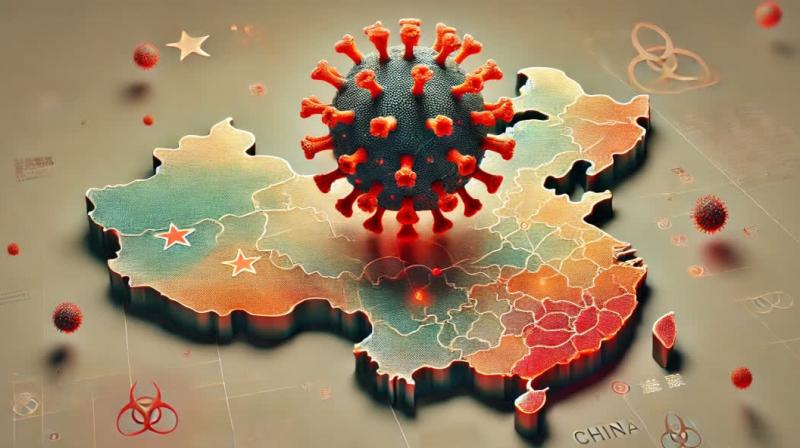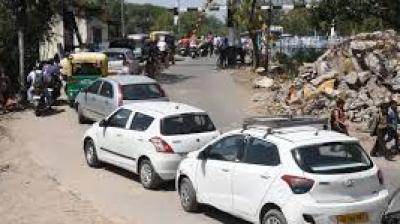
While it can affect individuals of all ages, young children and vulnerable populations are at higher risk.
What is HMPV Outbreak in China, Its Symptoms, Transmission, and Prevention Tips: China is currently grappling with a surge in human metapneumovirus (HMPV) cases, raising alarm as hospitals become overcrowded. This outbreak comes amid reports of co-circulating respiratory illnesses, including influenza A, Mycoplasma pneumoniae, and even COVID-19.
HMPV, a respiratory virus known to cause flu-like symptoms, poses significant risks to children, the elderly, and individuals with weakened immune systems. Let’s delve deeper into the virus and its implications.
What is HMPV, and Why the Concern?
Human metapneumovirus (HMPV) was first identified in 2001 and is known to cause upper and lower respiratory tract infections. While it can affect individuals of all ages, young children and vulnerable populations are at higher risk.
Symptoms to Watch For
The symptoms of HMPV are similar to those of the flu and include:
- Cough
- Fever
- Nasal congestion
- Shortness of breath
In severe cases, it can lead to bronchitis or pneumonia. Symptoms typically appear three to six days after exposure.
How Does HMPV Spread?
HMPV spreads through:
- Respiratory droplets from coughing or sneezing
- Close contact, such as shaking hands
- Touching contaminated surfaces and then the face
Who is Most at Risk?
Groups particularly vulnerable to HMPV include:
- Young children
- Elderly individuals
- Those with compromised immune systems
Preventive Measures
While there is no vaccine or specific antiviral treatment for HMPV, you can minimize risk by:
- Washing hands regularly with soap for at least 20 seconds
- Avoiding face-touching with unclean hands
- Keeping a distance from people showing symptoms
- Cleaning frequently touched surfaces
Managing Symptoms
If you or a loved one exhibit HMPV symptoms:
- Rest at home and stay hydrated
- Use tissues to cover sneezes or coughs
- Avoid sharing personal items
- Seek medical advice if symptoms worsen
HMPV vs. COVID-19
Though both HMPV and COVID-19 cause respiratory issues, HMPV typically peaks in winter and spring. Unlike COVID-19, HMPV does not currently have a vaccine, and treatment focuses on symptom management.
Studies suggest respiratory infections, including HMPV, have surged post-COVID-19 lockdowns, potentially due to weakened immunity after prolonged isolation.
(For more news apart from What is HMPV Outbreak in China, Its Symptoms, Transmission, and Prevention Tips, stay tuned to Rozana Spokesman)














